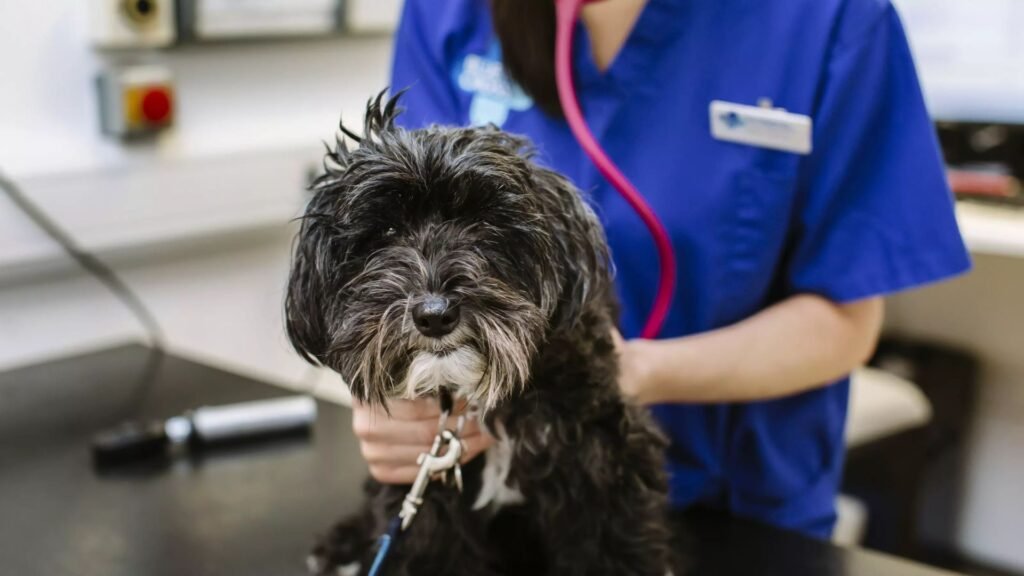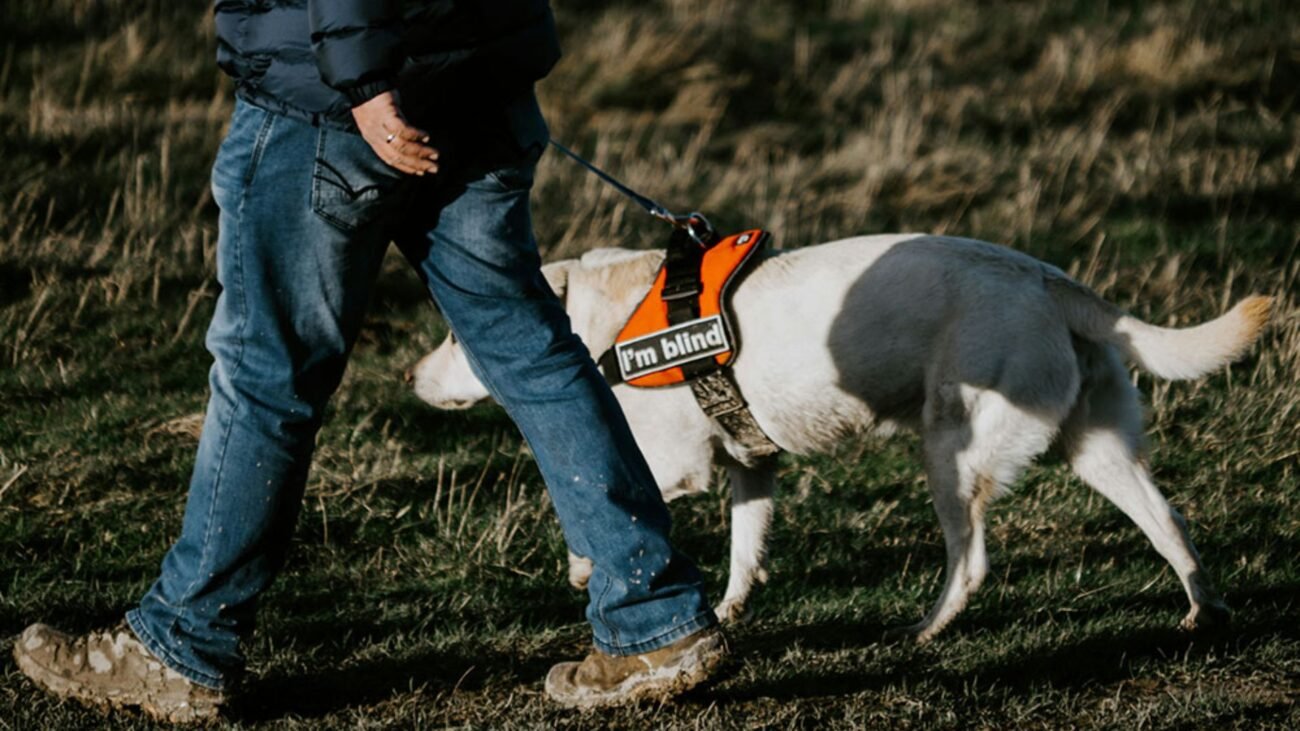If you’re planning to travel with your dog, adopt a pet across state lines, or participate in dog shows, you’ll likely need a dog health certificate. This document is more than just a formality—it ensures your pup is healthy, vaccinated, and compliant with local, national, or international regulations. In this comprehensive guide, we’ll cover everything you need to know about obtaining a dog health certificate, including low-competition keywords like USDA health certificate for dogs, emergency pet health certificate, and interstate dog travel requirements.
What Is a Dog Health Certificate?
A dog health certificate (officially called a Certificate of Veterinary Inspection or CVI) is a legal document issued by a licensed veterinarian. It confirms that your dog:
- Is free from contagious diseases (e.g., rabies, leptospirosis).
- Has received required vaccinations.
- Meets the health standards of the destination (state, country, or event).
This certificate is often required for:
- Interstate or international travel.
- Adopting or relocating a dog.
- Participating in dog shows, competitions, or breeding programs.
The USDA (U.S. Department of Agriculture) regulates health certificates for international travel, while state laws govern interstate moves.
When Do You Need a Dog Health Certificate?

1. Traveling Across State Lines
Most U.S. states require a health certificate for dogs entering from another state. Rules vary:
- High-risk states: Hawaii and Alaska have strict requirements to prevent rabies.
- General states: Typically mandate a CVI issued within 10–30 days of arrival.
Check your destination’s agriculture department website for specifics.
2. International Travel
Every country has unique entry rules. For example:
- EU countries require a rabies titer test 3+ months before travel.
- Australia: Mandates a 10-day quarantine and multiple vet checks.
Work with a USDA-accredited vet to complete the paperwork, which must then be endorsed by the USDA APHIS (Animal and Plant Health Inspection Service).
3. Adoption or Rehoming
Shelters and rescues often require a health certificate to ensure dogs are disease-free before adoption.
4. Emergencies
In rare cases, an emergency pet health certificate may be needed for last-minute travel due to family crises or natural disasters.
Why Is a Health Certificate Important?
- Prevents Disease Spread: Certificates protect other animals and humans from zoonotic diseases like rabies.
- Avoids Legal Penalties: Failing to provide one can result in fines, quarantine, or denied entry.
- Ensures Airline Compliance: Most airlines require a CVI for pets flying in-cabin or as cargo.
- Peace of Mind: Confirms your dog is healthy enough for travel or stress-inducing events.
How to Get a Dog Health Certificate: A Step-by-Step Guide

Step 1: Find a USDA-Accredited Veterinarian
Not all vets can issue international health certificates.
Step 2: Schedule an Appointment
Plan ahead! Many countries require tests (e.g., rabies titer) months in advance. For domestic travel, schedule the exam within 10 days of departure.
Pro Tip: Ask about low-cost dog health exams if you’re on a budget. Some clinics offer travel packages.
Step 3: Prepare Required Documentation
Bring:
- Proof of rabies vaccination (and other core vaccines like distemper).
- Microchip details (ISO-compliant chips are mandatory for the EU).
- Travel itinerary (some countries require flight details).
Step 4: Undergo the Health Examination
The vet will:
- Check for parasites, infections, or illnesses.
- Verify vaccination records.
- Perform mandatory tests (e.g., rabies titer, fecal exam).
Step 5: Submit Paperwork for Endorsement (International Only)
For international certificates, the vet sends documents to the USDA for endorsement. Options include:
- Mail: Takes 5–7 business days.
- In-person: Available at USDA offices in major cities.
- Online: Some states allow digital submissions via the VEHCS platform.
Step 6: Receive the Certificate
Once approved, you’ll receive a signed, stamped CVI. Double-check for errors—mistakes can invalidate the document.
Common Challenges and Solutions
Problem: Certificate Expired Mid-Travel
Most CVIs are valid for 10–30 days. If your plans change, contact your vet to renew it.
Problem: Missing Vaccinations
Some countries require non-core vaccines (e.g., canine influenza for Japan). Research requirements early to avoid delays.
Problem: USDA Processing Delays
Opt for overnight shipping or in-person endorsement for urgent requests.
Costs of a Dog Health Certificate
- Vet Exam: 50–50–150.
- USDA Endorsement: 38–38–121 per document.
- Additional Tests: Rabies titer tests cost 100–100–300.
Alternatives to Health Certificates
In rare cases, a pet passport (used in the EU) or emotional support animal letter (for air travel) may suffice. However, these are not universally accepted
FAQs About Dog Health Certificates
Q: How long is a dog health certificate valid?
A: Typically 10–30 days for domestic travel; international certificates may have longer validity.
Q: Can I use a rabies certificate instead?
A: No—rabies proof is just one component. A CVI covers overall health.
Q: What if my dog fails the health exam?
A: Treat the underlying issue (e.g., parasites) and reschedule the exam.
